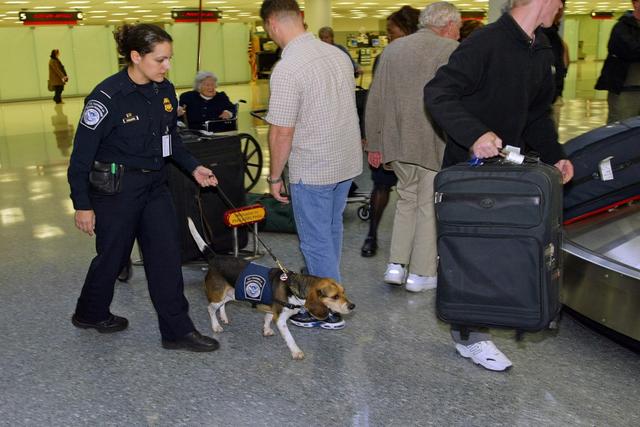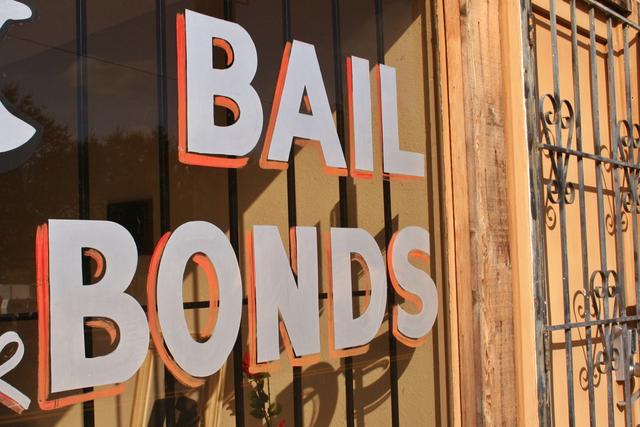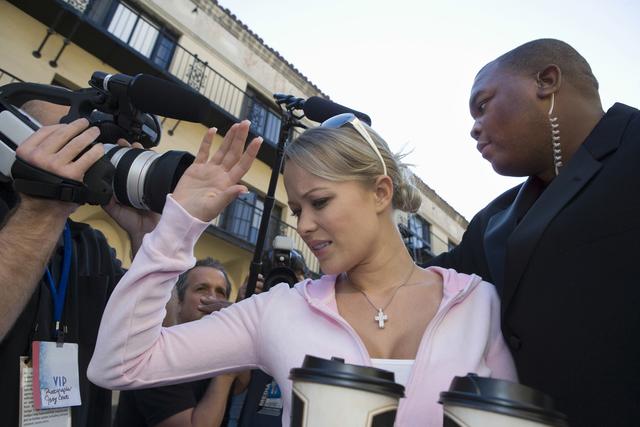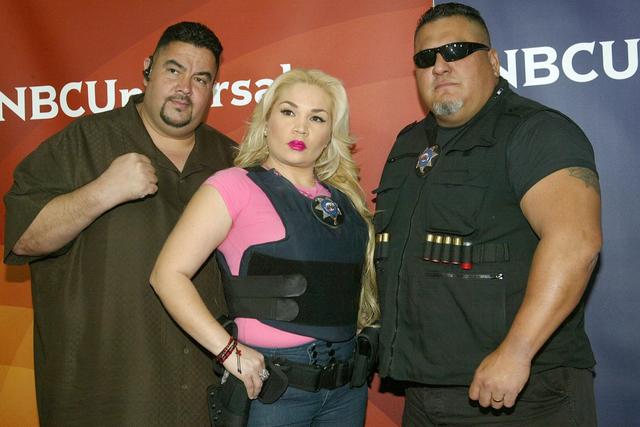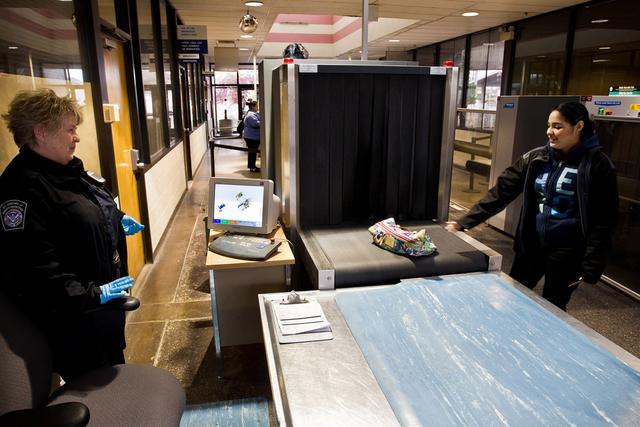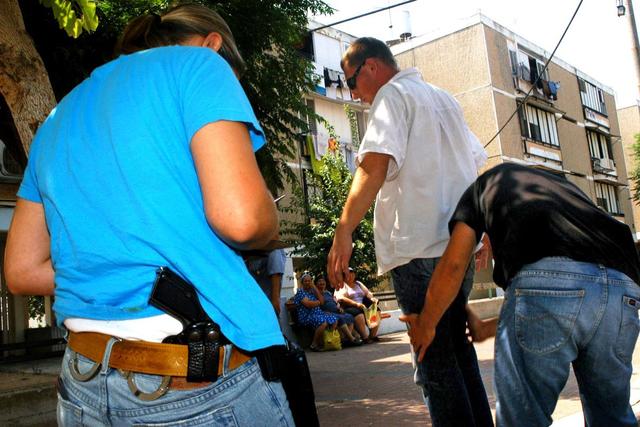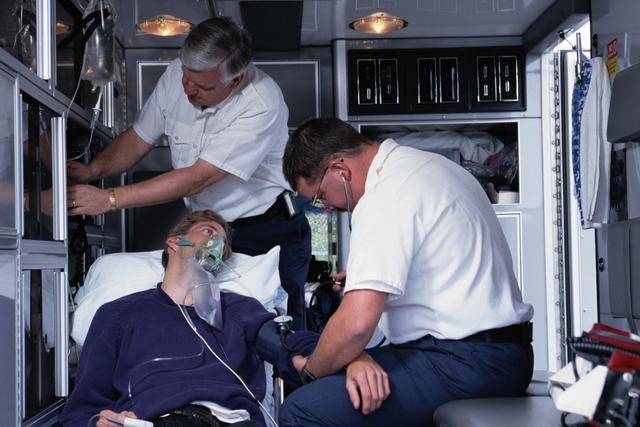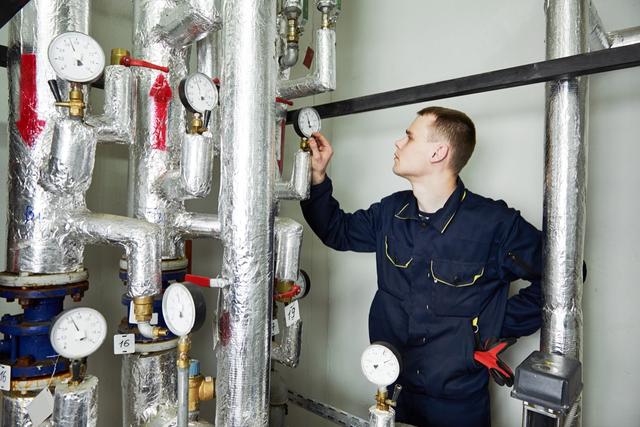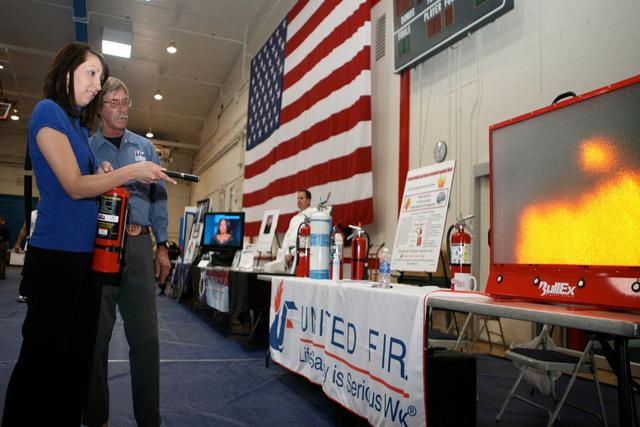Parole Officers
Overview

Introduction
Parole is the conditional release of a prisoner who has not served out a full sentence. A long-standing practice of the U.S. justice system, parole is granted for a variety of reasons, including the "good behavior" of a prisoner, as well as overcrowding in prisons.
Prisoners on parole, or parolees, are assigned to a parole officer upon their release. It is the job of the parole officer to meet periodically with the parolee to ensure that the terms of the release are followed; to provide guidance and counseling; and to help th...
Quick Facts
Median Salary
Employment Prospects
Minimum Education Level
Experience
Skills
Personality Traits
Earnings
The U.S. Department of Labor reports that the median annual salary for probation officers and correctional treatment specialists (the category under which parole officers are classified) was $53,020 in May 2018. The lowest 10 percent earned $34,630 or less annually, and the top 10 percent earned $94,770 or more annually. Earnings vary by location and by level of government. Parole officers who ...
Work Environment
Parole officers usually work out of a clean, well-lighted office in a government building, courthouse, correctional institution, or social service agency. Those who work in the field must travel to various settings, such as private homes, businesses, or schools to conduct interviews and investigations.
Parole officers typically have a 40-hour workweek, although overtime, longer shifts, a...
Outlook
Slower than average employment growth is expected for parole officers through 2028, according to the U.S. Department of Labor (DOL). Although the number of prisoners has increased dramatically during the past decade (and many will become eligible for parole), budget cuts in state and local correctional systems will limit job growth in the field. Most new jobs will come as a result of people lea...
